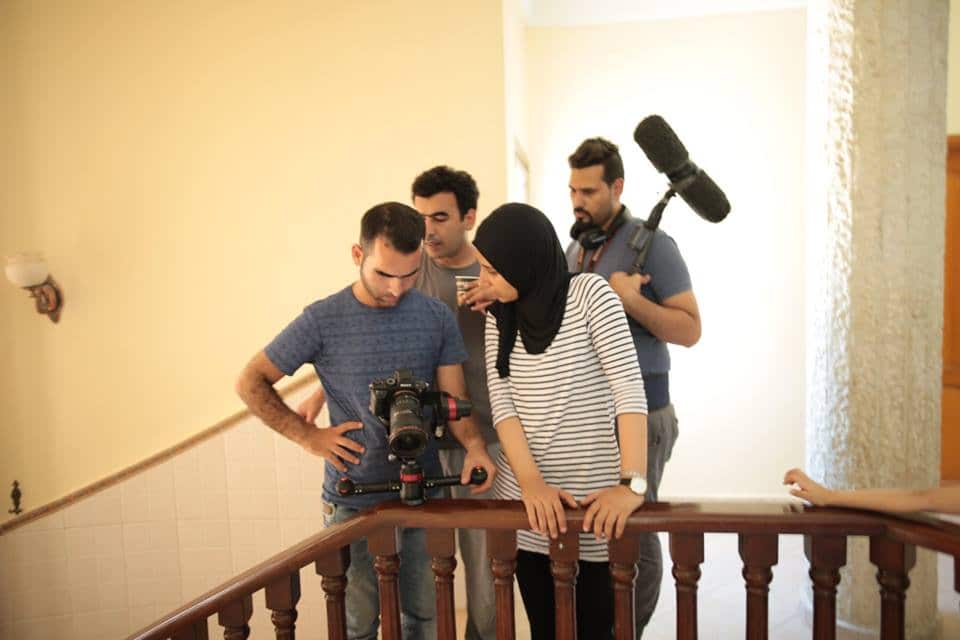
"We Sow the Field, and the Harvest Sall Come"
Tamer Institute Reading Campaign, 2025
Today, across Palestine, we are witnessing a pivotal historical moment. A deep certainty in Palestinian identity and justice is grappling with the uncertainty of the future and the weight of fundamental questions about its nature and shape. In the West Bank and Gaza, in Jerusalem and the 1948 Occupied Palestine, and throughout the diaspora, we are witnessing a relentless and systematic war of extermination. This war targets not only the Palestinian body but also seeks to uproot its memory, institutions, and future—by striking at the heart of childhood itself.
In this context, the Tamer Institute launches the 2025 Reading Campaign, drawing inspiration from the slogan and illustrations created by children in Gaza during the genocide: "We Sow the Field, and the Harvest Sall Come." Through this campaign, we aim to open a space for collective reflection—to ask questions together, to think together, and to rekindle faith in the power of community action and our shared responsibility: to ourselves, to one another, and to our homeland.
Since the Tamer Institute’s founding during the first Intifada, we have held firm to a belief: that Palestinian society has the capacity to create its own educational and cultural tools, and that children and youth can shape their own destinies when given the space, opportunity, and confidence. Now, more than thirty-five years later, we find ourselves called to that same role once again—not as a matter of choice, but as a matter of absolute necessity.
This year’s reading campaign is rooted in a simple yet profound story from Gaza: the story of a father who, before the war, planted three trees—an orange, an olive, and a guava—in his backyard. When he and his family were forced to flee under the onslaught of genocide, he didn’t lose hope. Instead, he made a promise to his children: When we return, we Sall plant again. In January, grapes; in March, almonds; and in May, figs—because, as he said, figs can withstand thirst.
With this promise, the father was not only offering reassurance but planting the seeds of the future. The land they were forced to leave was not lost—it remained alive in the promise, and in the quiet planning of the next planting, month by month, tree by tree. The memory of the trees, the home, and the garden is not mere nostalgia. It is an affirmation of continuity, a declaration that what once was will endure—and that the future belongs to us. The land that holds the shade of a tree also holds a story and a future no one can confiscate.
These trees are a metaphor for what we do today. They are the books we read, the children we embrace, and the stories we share—illustrated and voiced by children, reaching us before they reach the world. They embody the enduring value that propels us forward, even amid the difficult reality of today.
We plant in the shadow of destruction, of absence, and of the genocidal war—believing that every small act bears fruit, even if deferred.
This campaign affirms that we are still here: writing, thinking, creating, engaging in dialogue, and believing in our individual and collective roles in rebuilding a society that refuses to be erased.
In the face of loss, violence, starvation, and genocide, we sow our land together, fully aware that the harvest Sall come.
We invite everyone to join us—not only to read, but to sow the seeds of what will sustain our existence, strengthen our resilience, and allow us to imagine and one day reap a future of our own.



